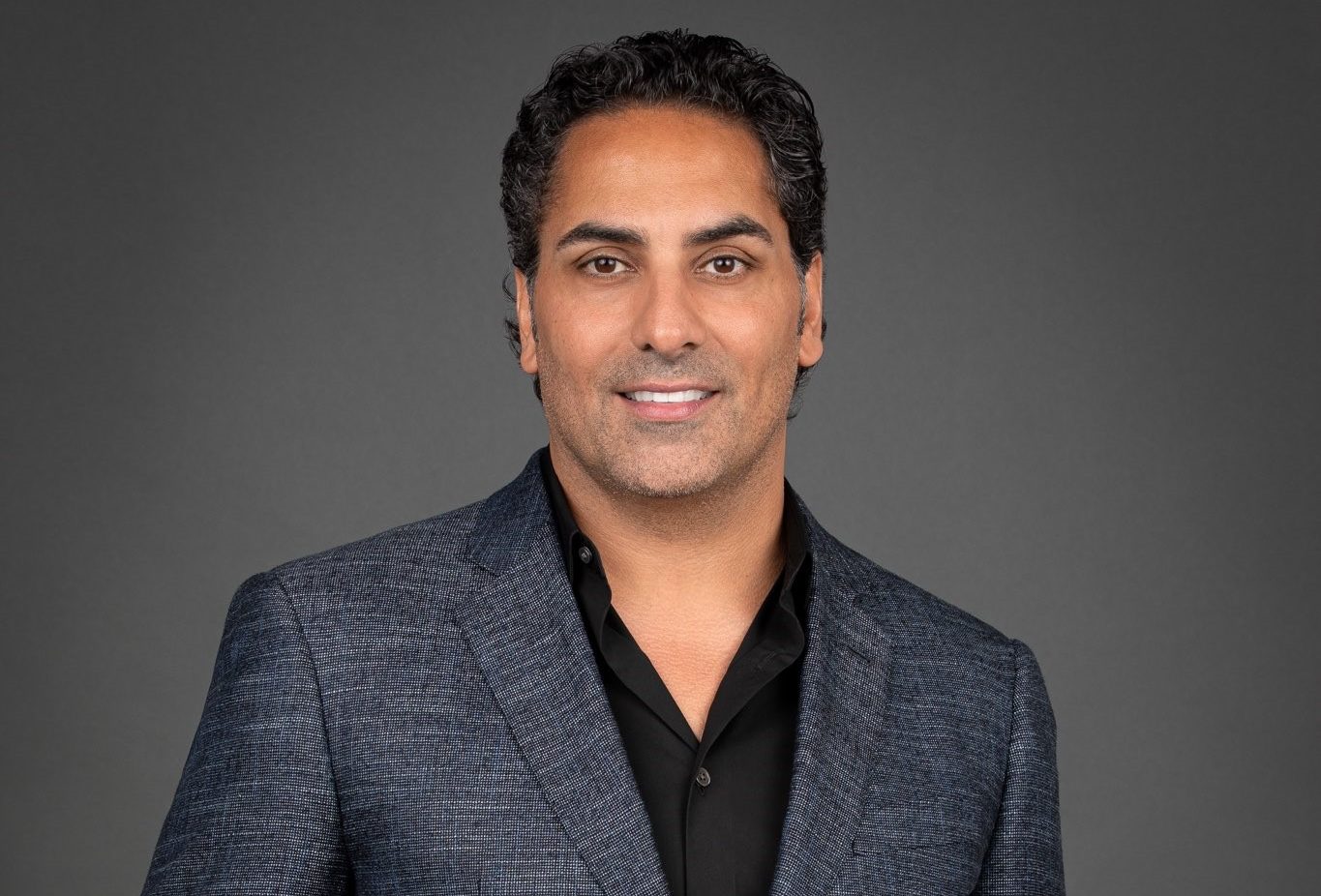Becoming a leader in any community is hard enough. But to become one in an industry as competitive as business is downright impressive. Fortunately, Gus Dahleh has some advice to share on the matter. This will help propel business owners from relatively unknown operations to being the hottest name on everyone’s lips.
Now, it’s worth pointing out that becoming a leader in the business community can be quite subjective. There may be awards and ceremonies to bestow such titles, but they don’t necessarily reflect reality. However, this doesn’t change the fact that being recognized as such can have a tremendous impact on your business.
What It Means to Be Business Leader
The most generic way to describe what being a business leader is about is someone who causes the industry to shift in some way. This can be in the form of a new trend, a new way of doing business, or a paradigm shift.
However, a business leader can also be someone who has shown exemplary capabilities in laundering and operating an enterprise. This is where factors like income, scaling, number of customers, feedback, and projected success are taken into consideration.
You can choose to be one or the other. Each will come with its own sets of challenges, Gus Dahleh points out.

In the case of the innovator, you would have to come up with a product, service, or business model that is so big, it causes massive changes in how the world works. Prominent examples of this are the personal computer, the internet, and of course, the smartphone.
For each of those, there have also been smaller, more specific innovations that cause even more changes to happen.
As for the savvy entrepreneur route, you would need to develop a keen business instinct and attitude. This is about making a lot of money in a short period of time and getting other bigwigs to take note of your existence.
How To Be a Business Leader
So, you have two paths to choose from. Each having their own obstacles and subsequent rewards. But, from a general standpoint, how exactly do you become a business leader?
Broadly speaking, Gus Dahleh recommends the following steps:
- Have a product with real, actual value.
- Assemble the best team possible.
- Create your business model with excessive detail.
- Do market research with a magnifying glass and a fine-toothed comb.
- Launch your business with style.
- Create beneficial business relationships.
- Treat customers like royalty.
- Keep looking toward the future.
A business leader recognizes that entrepreneurship is not about making money. Rather, it’s about creating ways to keep making money in perpetuity. This can be accomplished in any number of ways and for a number of reasons.
It’s basically not enough that your business is turning a profit. It must also show all the signs that it will keep doing so and will only grow in time.

The most successful entrepreneurs are those who always looked ahead after making sure that everything is settled in the present.
Once you exhibit this trait and are recognized for it after proving yourself, only then will you stand a chance of being considered a business leader.
Just keep in mind that there are also others who are vying for the same recognition that you are after. If you want to come out on top, you have to work hard and produce better results than anyone else.
How to Capitalize on Being a Business Leader
Becoming a business leader is not just about pomp and circumstance. Though, there is often quite a bit of that during award ceremonies. No, it’s also an opportunity, Gus Dahleh points out.
The most obvious benefit that comes from being recognized as a leader in the business community is fundraising clout. That’s right. It becomes much easier to raise money via VCs or outside investors if you have been granted such recognition.
It provides the money folks with confidence that at least some of the prominent figures in the industry recognize your contributions or capabilities.
This makes you quite an attractive bet for future enterprises. Giving you money could potentially give them excellent ROI. In return, you will have a cash injection that will let you do more things with your business.

Another benefit that comes from being recognized as a business leader is morale. Your workers will feel proud of contributing to the operation’s success. And even customers will feel giddy about shopping at an award-winning establishment.
Speaking of workers, the acknowledgment of your abilities and the potential of your business will also affect the quality of the applications for a position at your company. There are many competent professionals out there who want to make their mark by joining an up and coming business.
This will give you a much bigger pool of talent to choose from, which can then be a huge benefit to the success of your business.
About Gus Dahleh:

Gus Dahleh is a successful real estate entrepreneur that has accumulated many multi-million dollar commercial properties. JP Morgan Chase, AT&T, Walmart are a few of his big tenants. He has the capabilities to turn a lost cause property into income-generating real estate for investors. Gus Dahleh has a track record of secure commercial property investments and is a man of vision who executes solutions in the world of the real estate industry.
How Did Gus Dahleh Start His Career?
Gus started his career in the early 2000’s, shortly after graduating college in Chicago with an MBA. Early on, Gus was exposed to the tech bubble crisis, and soon after in 2008, the real estate crisis. During times where there is uncertainty, panic, and a major sell off in the markets, Gus Dahleh has followed the same principles the great investor Warren Buffet uses to acquire equities in the financial markets and distressed assets at 50 cents on the dollar.
To learn more about Gus Dahleh, visit his website: Gus-Dahleh.com
This is a Contributor Post. Opinions expressed here are opinions of the Contributor. Influencive does not endorse or review brands mentioned; does not and cannot investigate relationships with brands, products, and people mentioned and is up to the Contributor to disclose. Contributors, amongst other accounts and articles may be professional fee-based.

